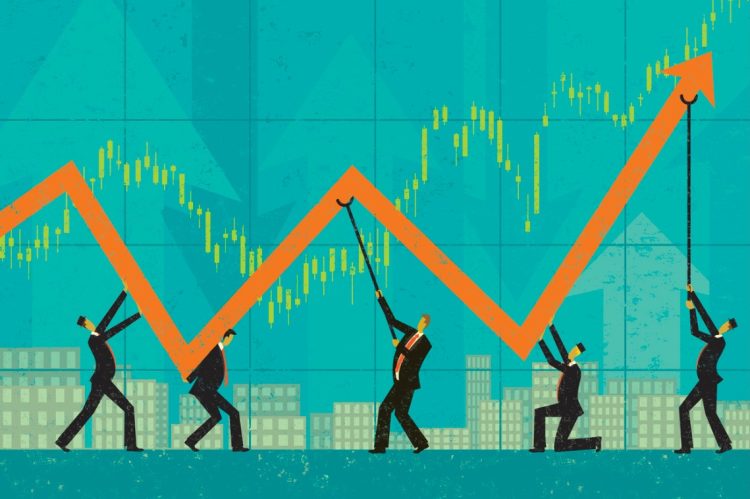Consumers appear to be warming back up to the economy and gaining some confidence back following recent trade shifts, according to the latest data from The Conference Board.
May’s Consumer Confidence Index® rose 12.3 points to 98 (100 is equal to the baseline levels from 1985), up from 85.7 in April and reversing five consecutive months of decline. The report noted that “about half of the responses were collected after the May 12 announcement of a pause on some tariffs on imports from China.”
“The rebound was already visible before the May 12 U.S.-China trade deal but gained momentum afterwards,” Stephanie Guichard, senior economist of Global Indicators at The Conference Board, clarified. “The monthly improvement was largely driven by consumer expectations as all three components of the Expectations Index—business conditions, employment prospects and future income—rose from their April lows.”
Data shows that this confidence rebound spread across all age, income and political groups, however Republicans had the strongest improvements.
The Present Situation Index—based on consumers’ assessment of current business and labor market conditions—grew by 4.8 points to 135.9.
Consumers’ outlook of business conditions improved in May: 21.9% of consumers said business conditions were “good” (up from 19.2% in April), and 14% said business conditions were “bad” (down from 16.3%). As for the current labor market sentiment, 31.8% of consumers said jobs were “plentiful” (up from 31.2%), while 18.6% of consumers said jobs were “hard to get” (up from 17.5%).
Consumers also made more significant plans to spend on homes, as well as cars and vacations, according to this latest report. The gains were notable after May 12.
The report also noted that May’s write-in responses were dominated by tariff and trade talk. Consumers are still concerned about tariffs and their possible negative economic impacts, but “expressed hopes that the announced and future trade deals could support economic activity.”
The Expectations Index—based on consumers’ short-term outlook for income, business and labor market conditions—jumped 17.4 points to 72.8. This index, however, remains below the 80 point threshold, signaling a possible recession ahead.
In terms of business conditions, 19.7% of consumers expected business conditions to improve (up from 15.9% in April), and 26.7% expected business conditions to worsen (down from 34.9%). For jobs, 19.2% of consumers expected more jobs to be available (up from 13.9%), while 26.6% anticipated fewer jobs (down from 32.4%). In terms of income prospects, 18% of consumers expected their incomes to increase (up from 15.9%), and 13.8% expected their income to decrease (up from 17.7%).












